How to Find an OCD Therapist
If you're struggling with Obsessive Compulsive Disorder (OCD), getting help from a therapist is an important step to recovery. But finding a therapist who knows how to help you can feel overwhelming. OCD treatment requires specialized training and not all therapists have the training necessary to help you.
Many of my clients tried therapy in the past and found it unhelpful or that it made them feel worse. Traditional talk therapy can actually reinforce the OCD cycle and get you further stuck in your obsessions.
But there is effective help out there. Here are some tips you can follow to help you search for and vet a potential therapist.
Tips to find an OCD Therapist
1. Look for licensed therapists
Make sure the therapist you choose is licensed or working under the supervision of a licensed therapist. Look for credentials like licensed professional clinical counselor (LPCC), licensed marriage and family therapist (LMFT), psychologist, licensed clinical social worker (LCSW), or psychiatrist. You can also consider therapists who are associates, as they work under the guidance of licensed therapists and may be more affordable.
2. Check their training
Exposure and response prevention (ERP) is the main kind of treatment used for OCD, shown to be successful for 65% to 80% of OCD sufferers. Any effective OCD therapist should have some training in ERP. ERP is a type of Cognitive Behavioral Therapy (CBT), so they should also have training and experience with CBT.
ERP doesn’t work for everyone or at times, doesn’t lead to full recovery. Other types of therapy have been shown to be effective for OCD on their own, like Inference-based Cognitive Behavioral Therapy (I-CBT), or can be helpful to incorporate into treatment, such as Acceptance and Commitment Therapy (ACT). Your therapist may have training in these or other kinds of therapy modalities.
Ask a potential therapist about their training. They may choose to use alternative kinds of therapy, like I-CBT but should still have at least basic knowledge of ERP and CBT. If a therapist has no training in these kinds of therapy, they likely don’t have the necessary knowledge to help you.
3. Consider their affiliations
It’s a good sign if a therapist is affiliated with organizations that focus on research and advocacy for OCD. Look for affiliations with groups like the International OCD Foundation (IOCDF), OCD SoCal, and the Anxiety and Depression Association of America (ADAA).
4. Discuss their experience and approach
OCD treatment can vary depending on your specific challenges. OCD therapy also requires creativity to come up with ways to help each person face their unique triggers.
Talk to a therapist about their experience in treating OCD and if they have worked with people who have similar thoughts or behaviors. Their prior experience should mean they’ll have ideas for how to help you face obsessions about certain themes like contamination, harm, or symmetry. If they don’t have experience with your specific struggle, ask them about their treatment ideas and how they would approach working with you. This can help you determine if they have the basic understanding and creativity necessary to adapt to your needs.
5. Seek recommendations
Using Google to search for “OCD therapist” will probably give you an endless list of results. It can be hard to figure out where to even start. Ask your friends, your family, and the professionals around you like your GP or OBGYN if they know anyone who specializes in OCD. If someone tells you they worked with an OCD specialist and found therapy helpful, that is one of the strongest endorsements you can get.
6. Use therapist directories
If you don’t have any personal recommendations, a therapist directory is your next best option. Therapist directories allow you to filter for specific criteria, such as location, insurance, and specialty. These directories also include a bio about the therapist, where you can learn more about their background and focus.
The International OCD Foundation (IOCDF) has a directory of clinicians who specifically endorse that they are trained to treat OCD. There are also general directories you can use, such as Inclusive Therapists, Psychology Today, and the Anxiety and Depression Association of America (ADAA). Make sure the therapist lists OCD as one of their specialties and that their bio shows they have an understanding of it.
7. Check in with yourself and your progress
Notice how therapy is going. Are you getting better? Are you able to do more of the things you used to avoid? Do you understand your OCD better? Are you learning practical strategies to use outside of therapy sessions? Or do you only feel better in the hour that you’re talking to your therapist?
Effective OCD treatment should empower you and give you confidence to manage your obsessions and compulsions on your own. It should not be spent on just talking about your intrusive thoughts. OCD treatment should always include something you work on between sessions. You should be making active changes in your day-to-day that get you closer to the life that you want to live. If you aren’t noticing progress, be honest with yourself, and find a therapist who can better support your needs.
You can find the help you need
Finding the right therapist for OCD can be challenging, but by following these tips, you can increase your chances of finding someone who can help you on your path to recovery. Remember that OCD therapy should provide you with knowledge and tools to make positive changes in your life.
I am an OCD therapist providing therapy in Glendale and virtually across California. I am trained in Exposure and Response Prevention (ERP), Acceptance and Commitment Therapy (ACT), Inference-based Cognitive Behavioral Therapy (I-CBT), and other methods to address OCD. If you’d like to work with me, schedule a free 15-minute consultation.


